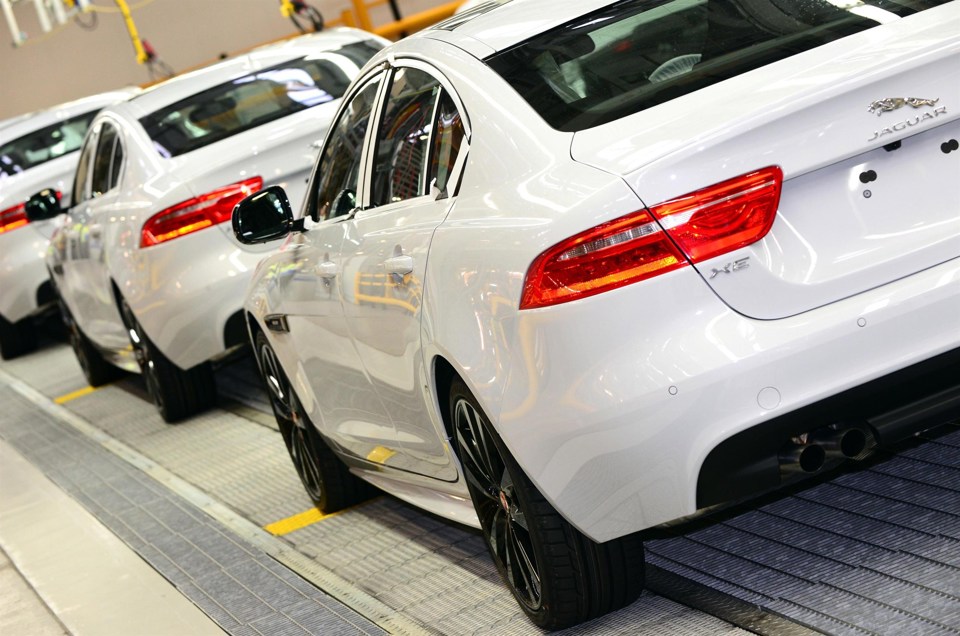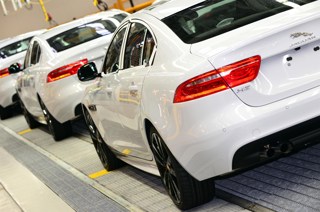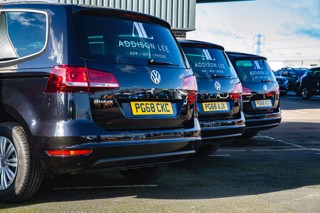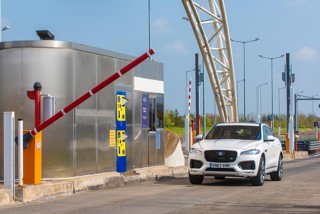Jaguar Land Rover (JLR) has published its latest set of financial results showing it posted a £358 million loss – despite returning to profitability in Q4.
The British premium car manufacturer generated pre-tax profits of £120m in the final three months of the period to March 31, 2019, but a £3.3 billion write-down mean that Indian owner Tata Motors still ended the year £3.6bn in the red.
Dr Ralf Speth, chief executive at JLR, said: “Jaguar Land Rover has been one of the first companies in its sector to address the multiple headwinds simultaneously sweeping the automotive industry.
“We are taking concerted action to reduce complexity and to transform our business through cost and cash flow improvements.
“The company has returned to profitability in the fourth quarter and already delivered £1.25bn of efficiencies and savings.”
JLR’s overall revenue for the year was £24.2bn. It highlighted "encouraging demand" for new models including Jaguar E-Pace, Jaguar I-Pace, Range Rover Velar and Range Rover Evoque during a press conference held yesterday (May 20).
However, sales of 578,915 vehicles in 2018/19 represented a 5.3% decline on the previous financial year.
Furthermore, the manufacturer again had to deny suggestions it had been the subject of an acquisition bid by PSA Group.
A spokesman denied what he referred to as "speculation" surrounding a potential sale.
In a statement issued alongside the company’s financial results, JLR gave an update of the cost-cutting measures, which included the loss of around 1,000 contractor jobs in April last year and the subsequent announcement – in January – that it will cut 4,500 more jobs, with the substantial majority coming from its 40,000 strong UK workforce.
In today’s statement the company said: “Jaguar Land Rover is on track to make at least £2.5bn of investment, working capital and profit improvements by March 2020 through its Charge transformation programme.
“The company has already delivered the first £1.25bn, with £150m of cost efficiencies, £400m of working capital improvements and £700m of investment savings achieved by March 2019.”




















Login to comment
Comments
No comments have been made yet.